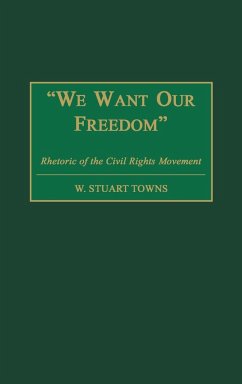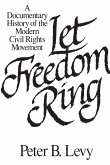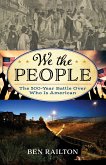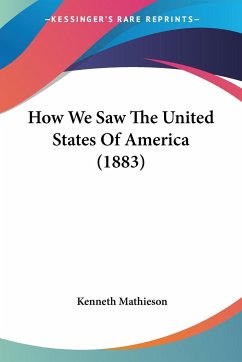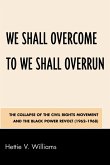In the decades following the Civil War, white southerners throughout the region created a system of racial segregation designed to perpetuate white supremacy, guarantee white leadership, and keep black southerners in their place. For over half a century, this brutal, violent, and inhumane system penalized both races educationally, socially, and economically. This collection of speeches examines the conditions that made a Civil Rights Movement necessary, ranging from early supporters of civil rights for African Americans to defenders of segregation, as well as what enabled the movement to triumph. Towns includes many speeches by lesser-known persons, such as Fannie Lou Hamer and James M. Lawson Jr. After World War II, as new opportunities for education, travel, and economic growth for southerners in general and black southerners in particular, a major social movement swept the region. By the mid- to late-1960s, a significant revolution in southern folkways and culture had occurred. By 1965, southern blacks had achieved first-class citizenship under the laws of the land, in spite of the oratorical tirades and the ugly violence of southern white supremacist demagogues. The rhetoric and leadership of many black grassroots activists, along with a solid cadre of white support, created an environment in which the Civil Rights Act of 1964 and the Voting Rights Act of 1965 finally leveled the playing field.
Hinweis: Dieser Artikel kann nur an eine deutsche Lieferadresse ausgeliefert werden.
Hinweis: Dieser Artikel kann nur an eine deutsche Lieferadresse ausgeliefert werden.

